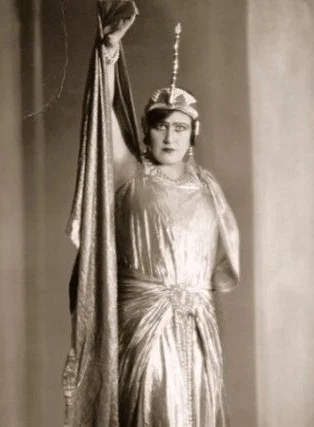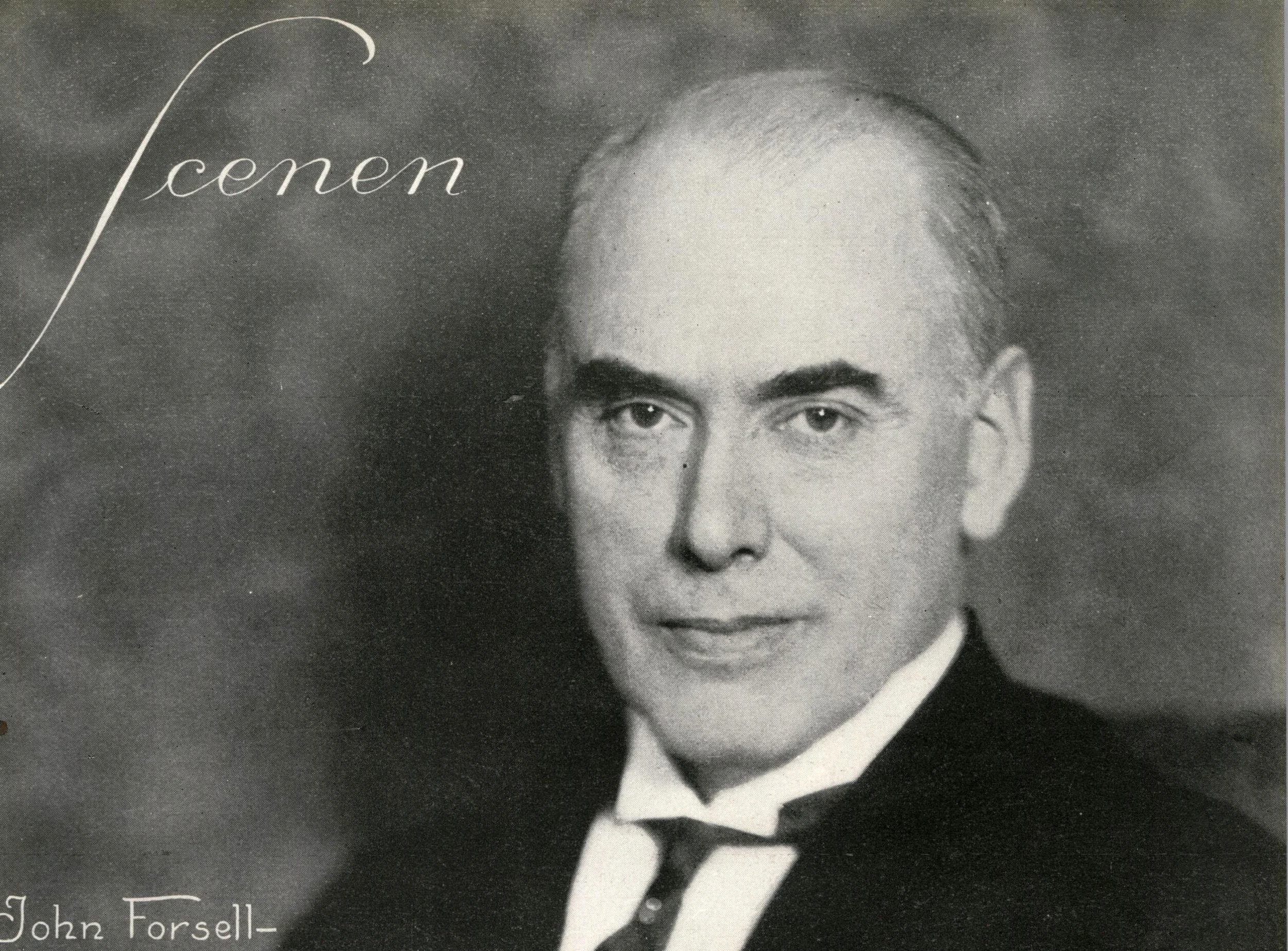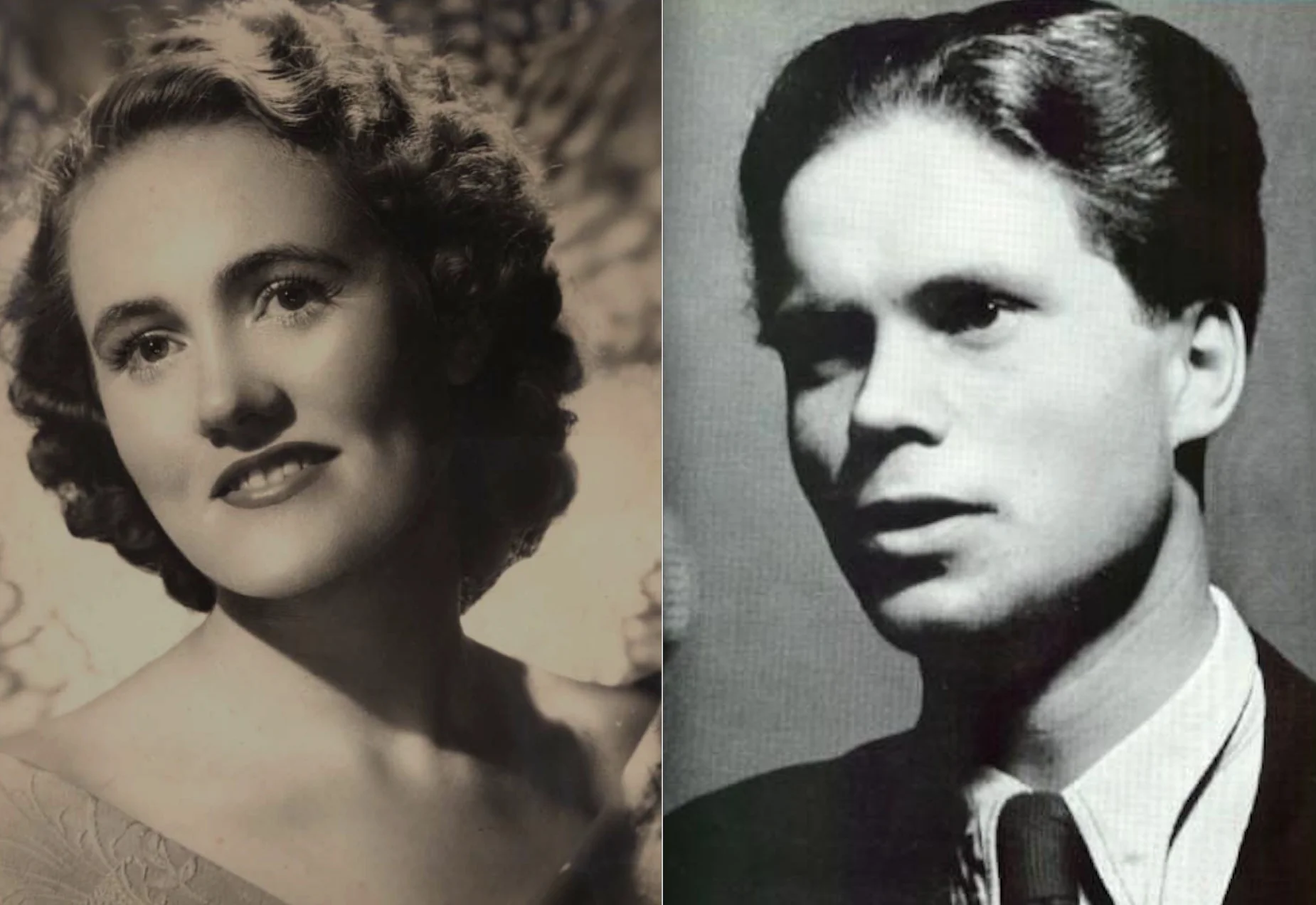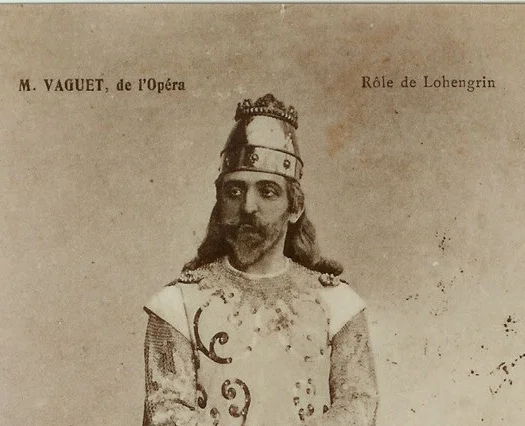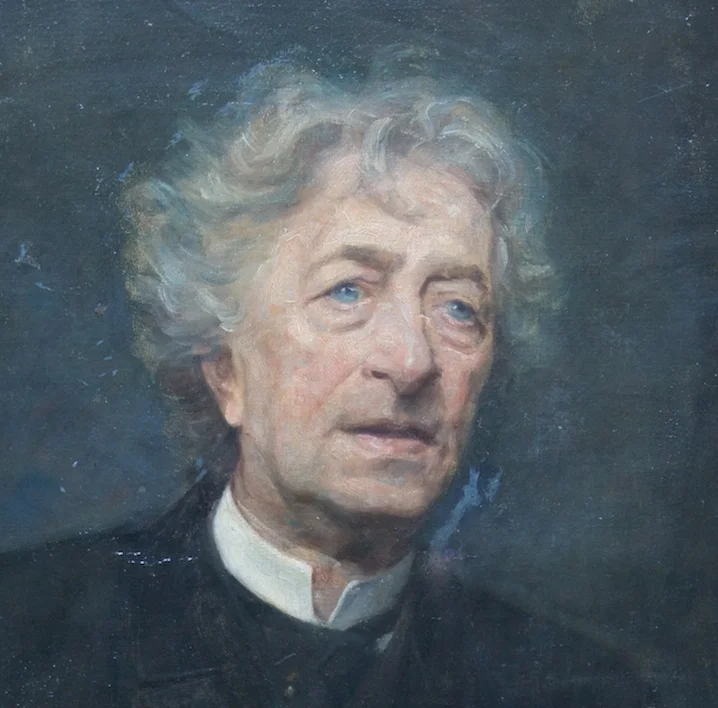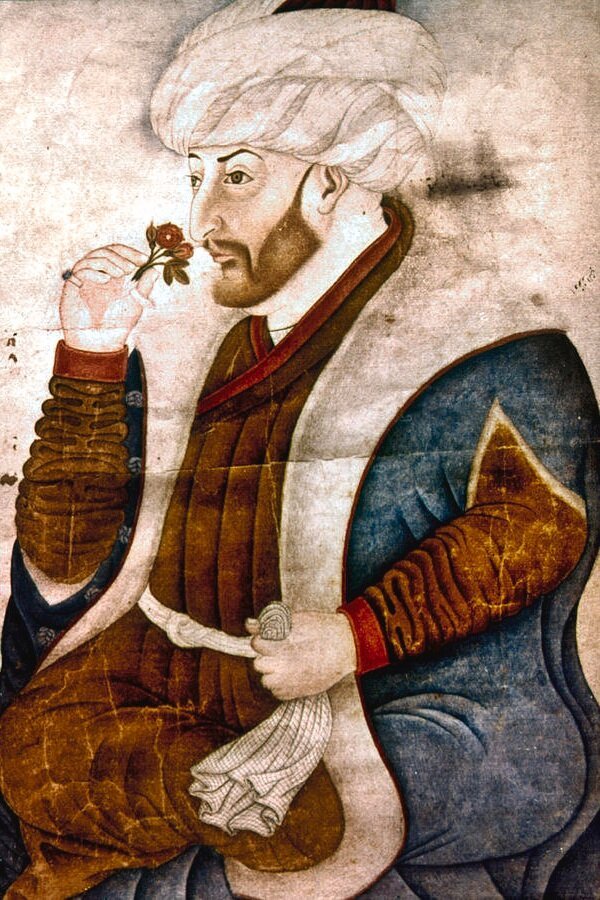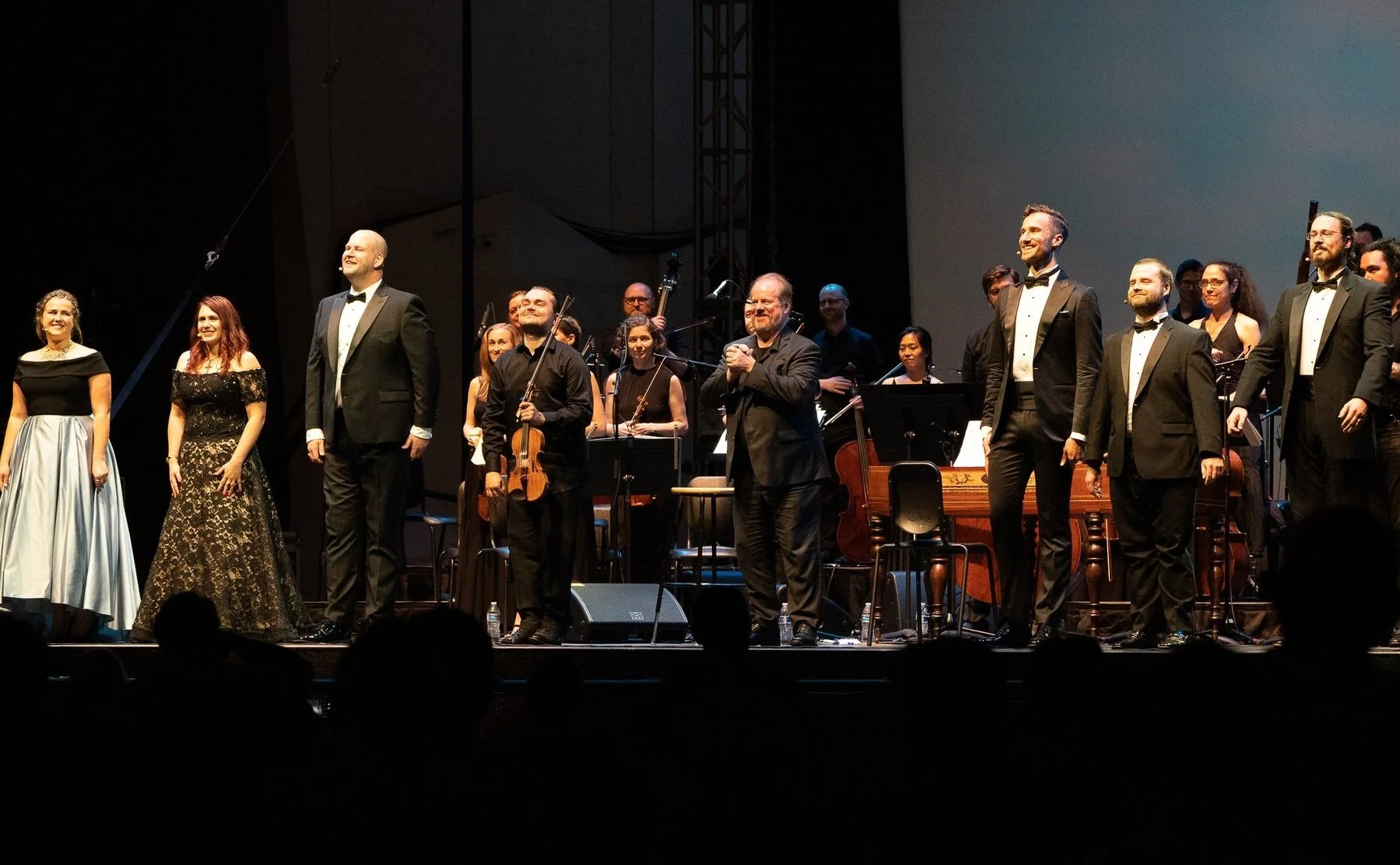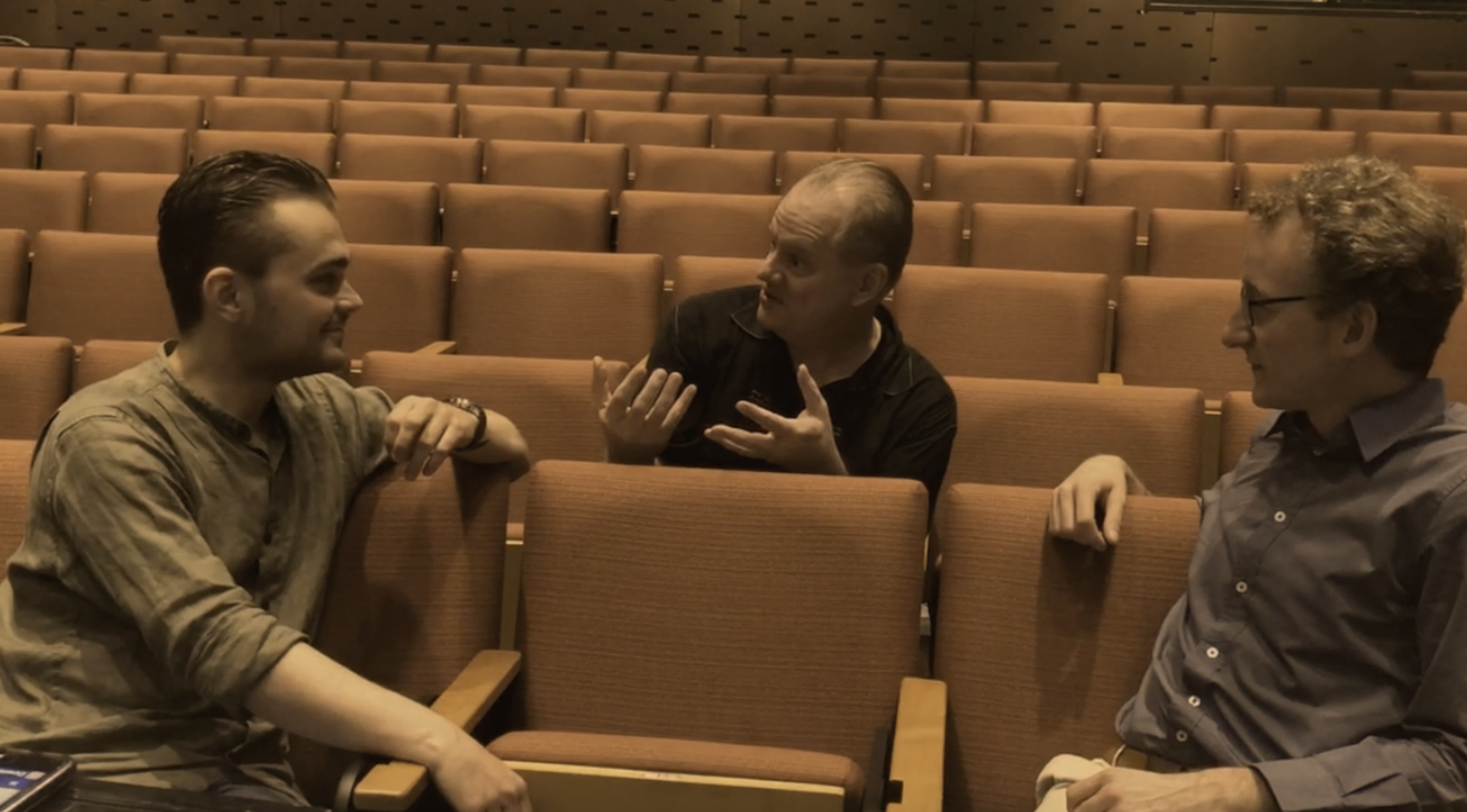Gaetano Donizetti
Poliuto
Saturday, July 15, 2023
Alexander Kasser Theater, Montclair State University
Wednesday, July 19, 2023
Rose Theater, Jazz at Lincoln Center
Libretto: Salvatore Cammarano
Premiere: 30 November 1848, Teatro San Carlo, Naples
| Poliuto, Roman officer and Christian convert | Santiago Ballerini |
| Paolina, Poliuto's wife | Chelsea Lehnea |
| Severo, Roman Proconsul | Ricardo José Rivera |
| Callistene, High Priest of Jupiter | Hans Tashjian |
| Felice, Paolina's father, Roman Governor of Armenia | Krishna Raman |
| Nearco, a Christian, Poliuto's friend | Robert Kleinertz |
| A Christian | James Danner |
| Another Christian | Louise Floyd |
Teatro Nuovo Orchestra and Chorus
Jakob Lehmann, primo violino e direttore dell’opera
Faith Unto Death
“...the world’s leading opera composer...”
Gaetano Donizetti in 1838 was undisputed as the world’s leading opera composer after the death of Bellini in 1835 and the retirement of Rossini six years earlier. He was on the verge of his late-career whirlwind of activity in Paris and Vienna when he agreed to compose Poliuto for the Teatro San Carlo of Naples, where so many of his operas had triumphed.
The leading character was intended for (and the libretto may have been influenced by) Adolphe Nourrit, the original Arnold of Guillaume Tell, who had gone to Naples to master the new Italian style of singing under the tutelage of Donizetti himself.
“...the Neapolitan censors refused...”
At the last moment, the Neapolitan censors refused to allow a Christian saint to be portrayed on the stage as a jealous lover. Nourrit had to make his Italian debut in an opera of Mercadante, and Donizetti revised his score two years later in Paris as Les Martyrs, with the title role sung by Nourrit’s great rival Gilbert-Louis Duprez.
“...one of Donizetti’s longest-surviving operas.”
There, the opera was a success, and a translation of it quickly circulated back in Italy as I Martiri. But in 1848, the year of the composer’s death, the San Carlo finally mounted the original score, which became a staple of the repertory. It was one of Donizetti’s longest-surviving operas.
For melodic richness, concision, sure dramatic touch, and harmonic invention, it is also one of his strongest, and takes its place among the works in which Donizetti most clearly influenced his friend and successor Giuseppe Verdi. The belated premiere featured singers already making their names, or soon to do so, in classic Verdian roles.
Ruins of the Church of St. Polyeuctus, Istanbul (photo-Dick Osseman)
Carlo Boucardé, the original Poliuto, was also the original Manrico in Il Trovatore. Eugenia Tadolini, the Paolina, was the first to sing Verdi’s Alzira (along with Donizetti’s Linda di Chamounix and Maria di Rohan). Filippo Colini in the baritone role of Severo had already premiered Giovanna d’Arco and would go on to the opening nights of La Battaglia di Legnano and Stiffelio. Donizetti had prepared the path, alike musically, dramatically, and vocally.
The Story
In Roman-occupied Armenia, in the year 259 A.D., the nascent cult of Christianity operates under the threat of death by the conquering power.
Paolina, the daughter of the Roman governor, has married Poliuto, a Roman officer and nobleman–but only because she believed her former love, the general Severo, had been killed in battle. Severo’s return puts her into mortal conflict between her feelings and her duty.
“...mortal conflict between her feelings and her duty.”
Poliuto, meanwhile, has become a convert to the mysterious new faith. This would give Paolina an excuse to desert him, but instead she finds herself moved by hearing the Christians pray for their enemies.
Her husband later reveals his conversion rather than let a fellow Christian be tortured for keeping the secret, and Paolina, inspired anew by his bravery and his faith in eternal life, asks for baptism and joins Poliuto in martyrdom.
The Historical Poliuto
Francesco Tamagno, possibly as Poliuto, undated Falk photograph
Polyeuctus, a Roman officer, was beheaded by his own government on 10 January 259 in the Roman-occupied Armenian city of Melitene (near present-day Malatya, in the eastern Anatolian region of modern Turkey). His crime was conversion to Christianity, of which Armenia was possibly the earliest stronghold.
“His crime was conversion to Christianity...”
According to tradition, Polyeuctus declared his new faith by publicly tearing up an edict requiring worship of the old Roman gods, and smashing their idols.
As one of the most prominent early martyrs, Polyeuctus was already venerated as a saint long before the modern process of canonization was established. His official feast-day is January 8 in the Western calendar and January 9 in that of the Orthodox church, and he is traditionally the patron saint of vows and treaties.
It is apparently historical that he had a wife named Paulina who was the daughter of the Roman Governor in Armenia. The dramatic complication of Paulina’s prior love for the general Severus was added by Pierre Corneille in his still-famous drama Polyeucte 1642.
“...dramatic complication...”
The additional conflict of Polyeucte’s jealousy (he briefly believes that his wife has reconnected with her former lover) was added by Cammarano and Donizetti to give their title character a wider range of emotion and action.
Besides Donizetti, Marc-Antoine Charpentier and Charles Gounod composed operas based on Corneille’s play.
Donizetti’s Poliuto in the 20th Century
Maria Callas as Paolina, La Scala 1960 (photo: Ero Piccaglini)
Unlike most of the Bel Canto repertory, Poliuto never fell into complete obscurity. It was one of the favorite roles of Verdi’s original Otello, Francesco Tamagno, and was in fact the last opera that great tenor sang, in a series of performances in 1903-04.
In later revivals the title role was taken by tenors such as Aureliano Pertile, Beniamino Gigli, and Giacomo Lauri-Volpi. So the opera was not completely unknown to the public that flocked to hear the charismatic young Franco Corelli as Poliuto at La Scala in 1960. What most did not foresee at the time is that it would prove to be the last new role in the repertory of his co-star, Maria Callas.
“...the last new role in the repertory of his co-star, Maria Callas.”
Most of these productions, however–and most of the revivals since that of Callas and Corelli–were confined to Italy. None of New York’s leading houses has seen Poliuto since the 1870s, before the founding of the Met, and even concert performances have been rare. Teatro Nuovo’s semi-staged production gives New York an opportunity to re-connect with a stirring drama that was long ranked among its author’s masterpieces.





![Image 2 - Henry T. [Harry] Burleigh - Detroit Public Library.jpeg](https://images.squarespace-cdn.com/content/v1/596bb4e703596e837b624445/1591713684327-N7HW488JSZ7EN8T5AJSR/Image+2+-+Henry+T.+%5BHarry%5D+Burleigh+-+Detroit+Public+Library.jpeg)







